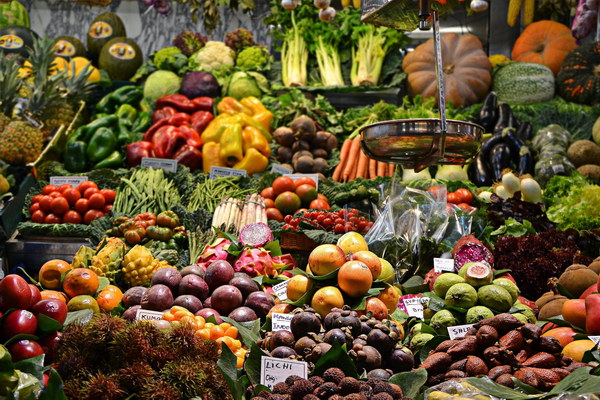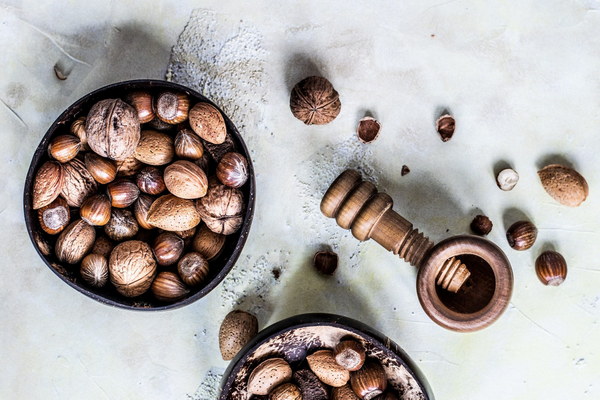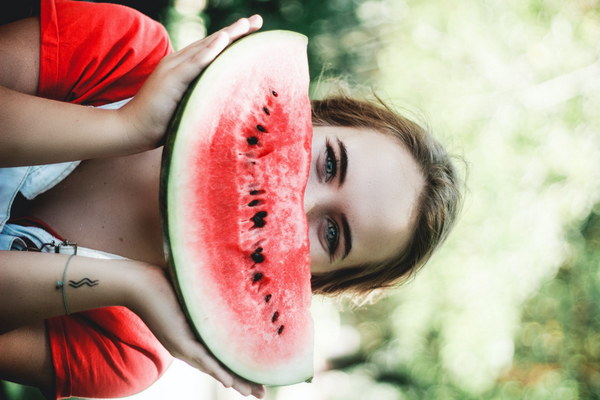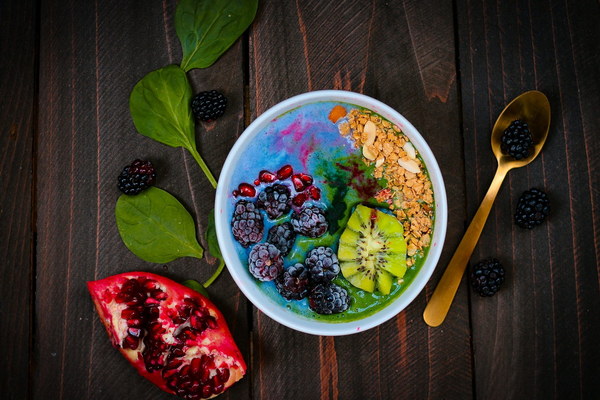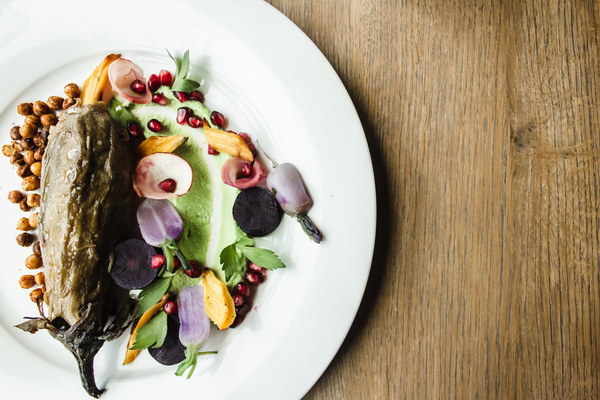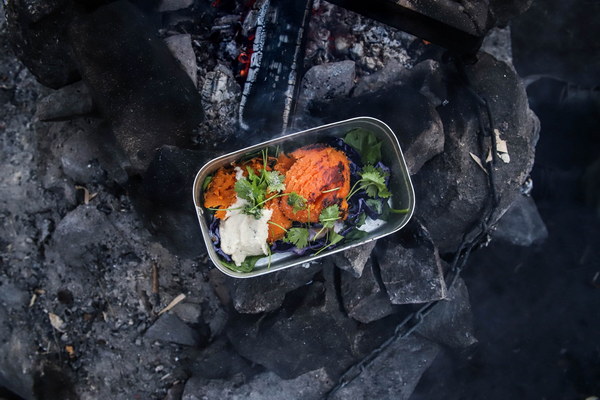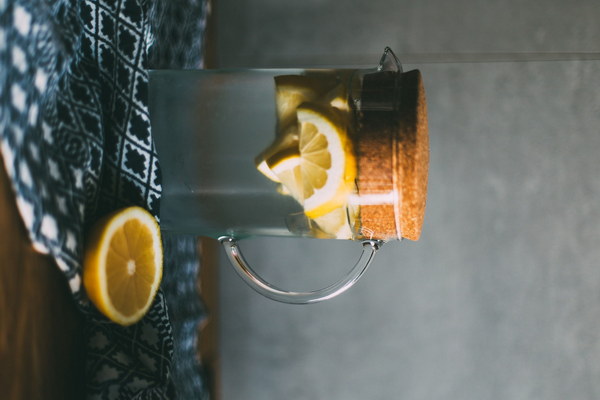Revitalizing Your Health The Art of Tonifying and Drying in Traditional Chinese Medicine
In the realm of Traditional Chinese Medicine (TCM), the concept of tonifying and drying is a fundamental principle for maintaining health and preventing illness. These two practices are particularly important during the rainy season when dampness is prevalent in the environment, leading to various health issues. This article delves into the essence of tonifying and drying, exploring their significance in TCM and offering practical tips for incorporating these practices into your daily life.
Tonification, in TCM, refers to the process of strengthening the body's vital energy, or Qi, and its organs. When Qi is strong, the body is better equipped to resist external pathogens and maintain a state of balance and harmony. Drying, on the other hand, involves eliminating excess dampness from the body, which is believed to be the root cause of many common ailments during the rainy season, such as joint pain, fatigue, and digestive issues.
The key to tonifying and drying lies in understanding the specific properties of herbs, foods, and lifestyle habits that can promote these processes. Here's a closer look at how you can incorporate these practices into your life:
1. Herbs: TCM utilizes a wide range of herbs to tonify and dry the body. Some commonly used herbs include:
- Astragalus (Huang Qi): Known for its immune-boosting properties, Astragalus helps strengthen the Qi and improve overall vitality.
- Rehmannia (Shu Di Huang): This herb is often used to tonify the kidneys, which play a crucial role in regulating body fluids and maintaining balance.
- Poria (Fu Ling): Poria has natural drying properties, making it an excellent herb for eliminating dampness and supporting kidney function.
- Atractylodes (Cang Zhu): Atractylodes is used to tonify the spleen and stomach, which helps to transform dampness into a more manageable form.
2. Foods: Your diet can also play a significant role in tonifying and drying your body. Incorporate the following foods into your meals:
- Brown rice: Rich in nutrients and fiber, brown rice helps to tonify the spleen and stomach, which aids in the transformation of dampness.
- Quinoa: This ancient grain is a great source of protein, fiber, and B vitamins, making it an excellent food for tonifying the body and drying dampness.
- Dandelion greens: High in vitamins A, C, and K, as well as potassium, dandelion greens are known for their drying properties and ability to support liver function.
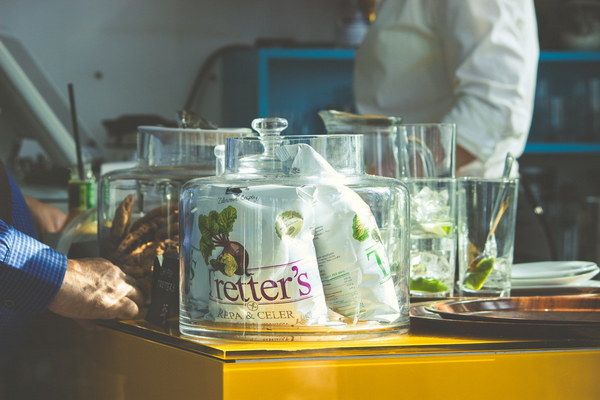
- Black beans: Black beans are a good source of protein, fiber, and iron, and are often used in TCM to tonify the kidneys and eliminate dampness.
3. Lifestyle habits: Adopting certain lifestyle habits can also help you tonify and dry your body:
- Regular exercise: Physical activity helps to improve circulation, strengthen the Qi, and promote the elimination of dampness.
- Adequate sleep: Sleep is essential for the body's recovery and regeneration, allowing the Qi to be replenished and dampness to be eliminated.
- Stress management: Chronic stress can weaken the Qi and contribute to dampness. Engaging in stress-reducing activities, such as meditation, yoga, or tai chi, can help maintain a healthy Qi and balance.
By incorporating these tonifying and drying practices into your daily life, you can enhance your overall health and well-being. Remember that TCM is a holistic approach, and it's essential to work with a qualified practitioner to tailor these practices to your specific needs.
In conclusion, tonifying and drying are vital components of Traditional Chinese Medicine that can help you maintain a balanced and healthy body. By exploring the properties of herbs, foods, and lifestyle habits, you can harness the power of TCM to ward off dampness and promote a vibrant, energetic life.

